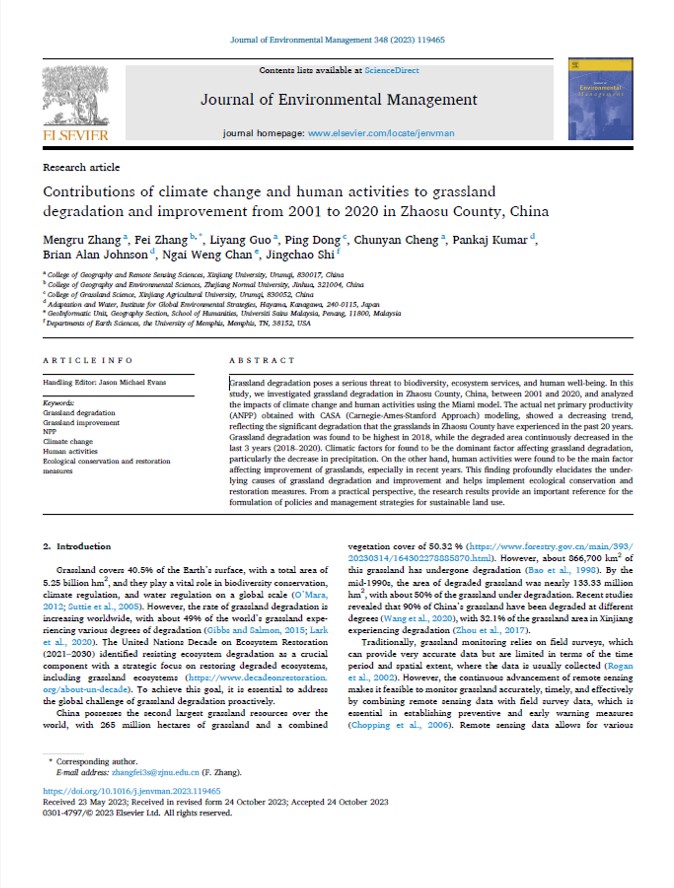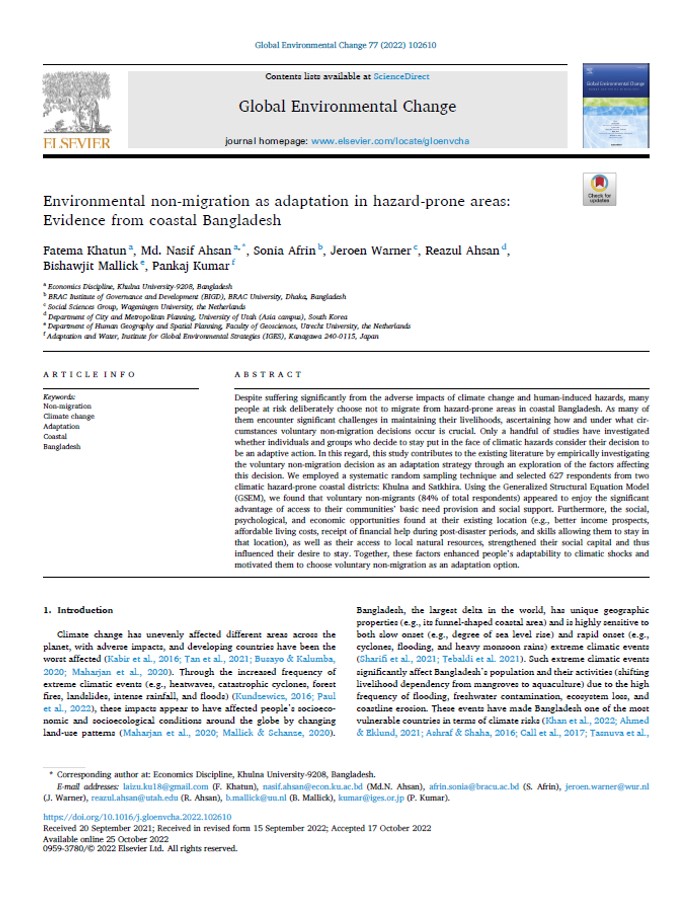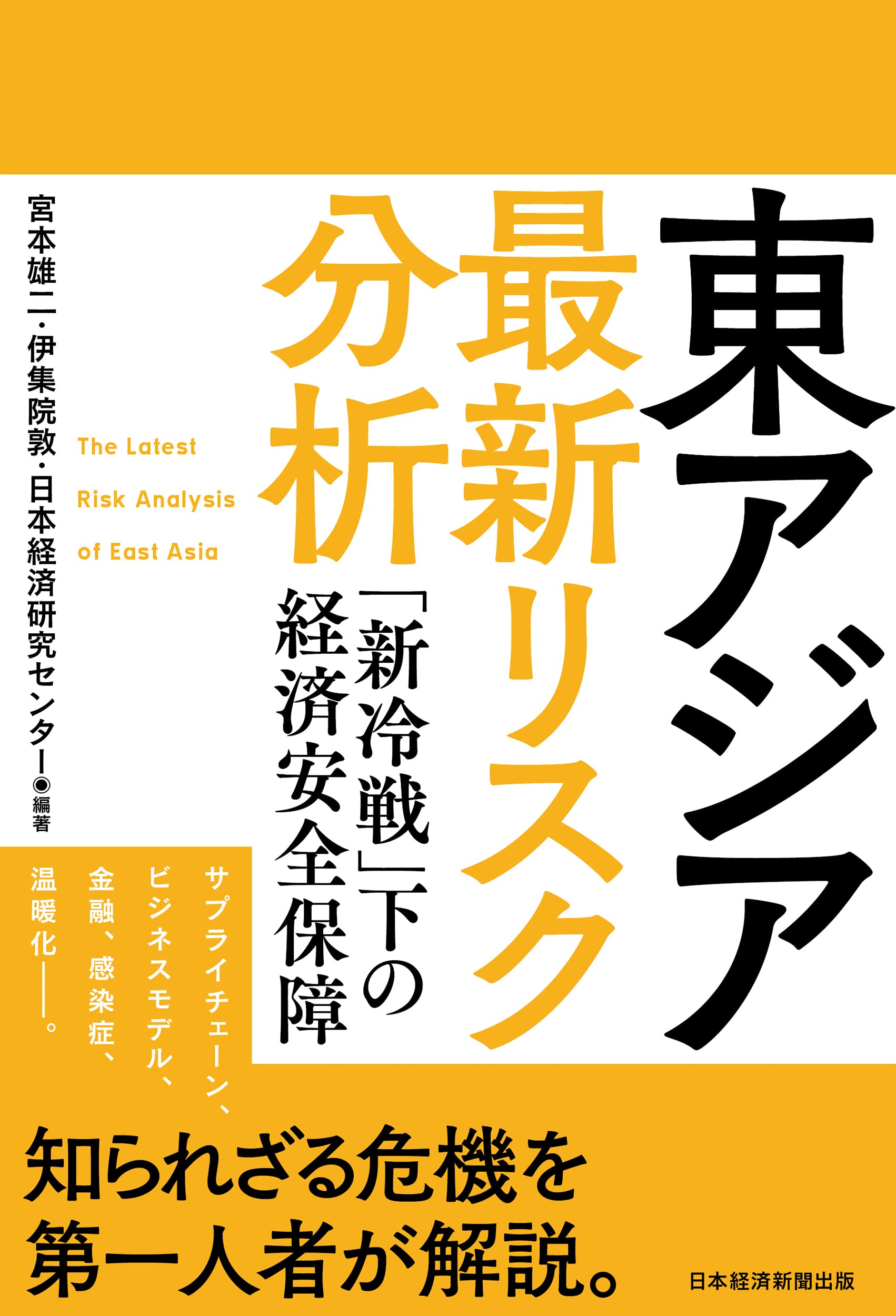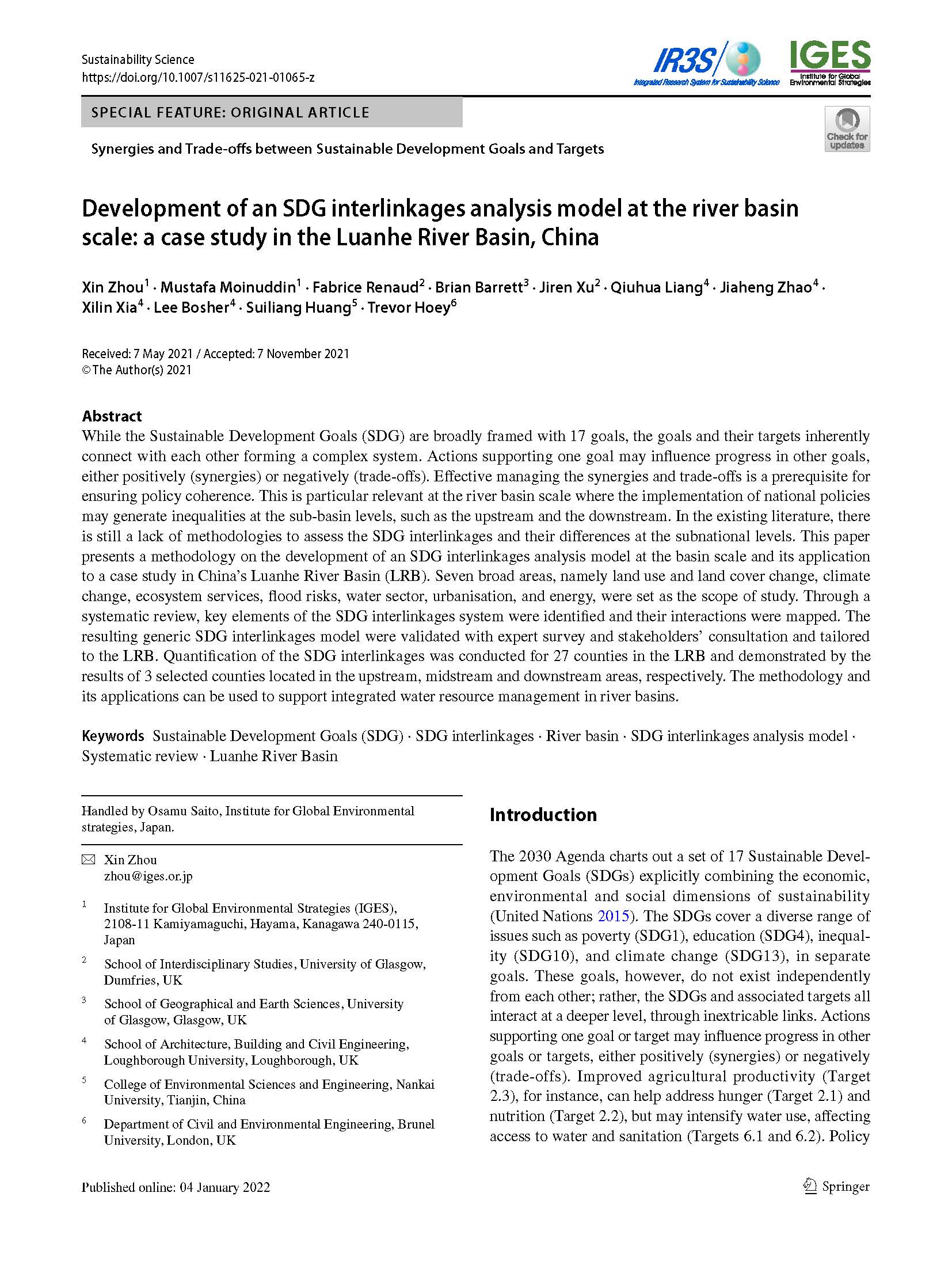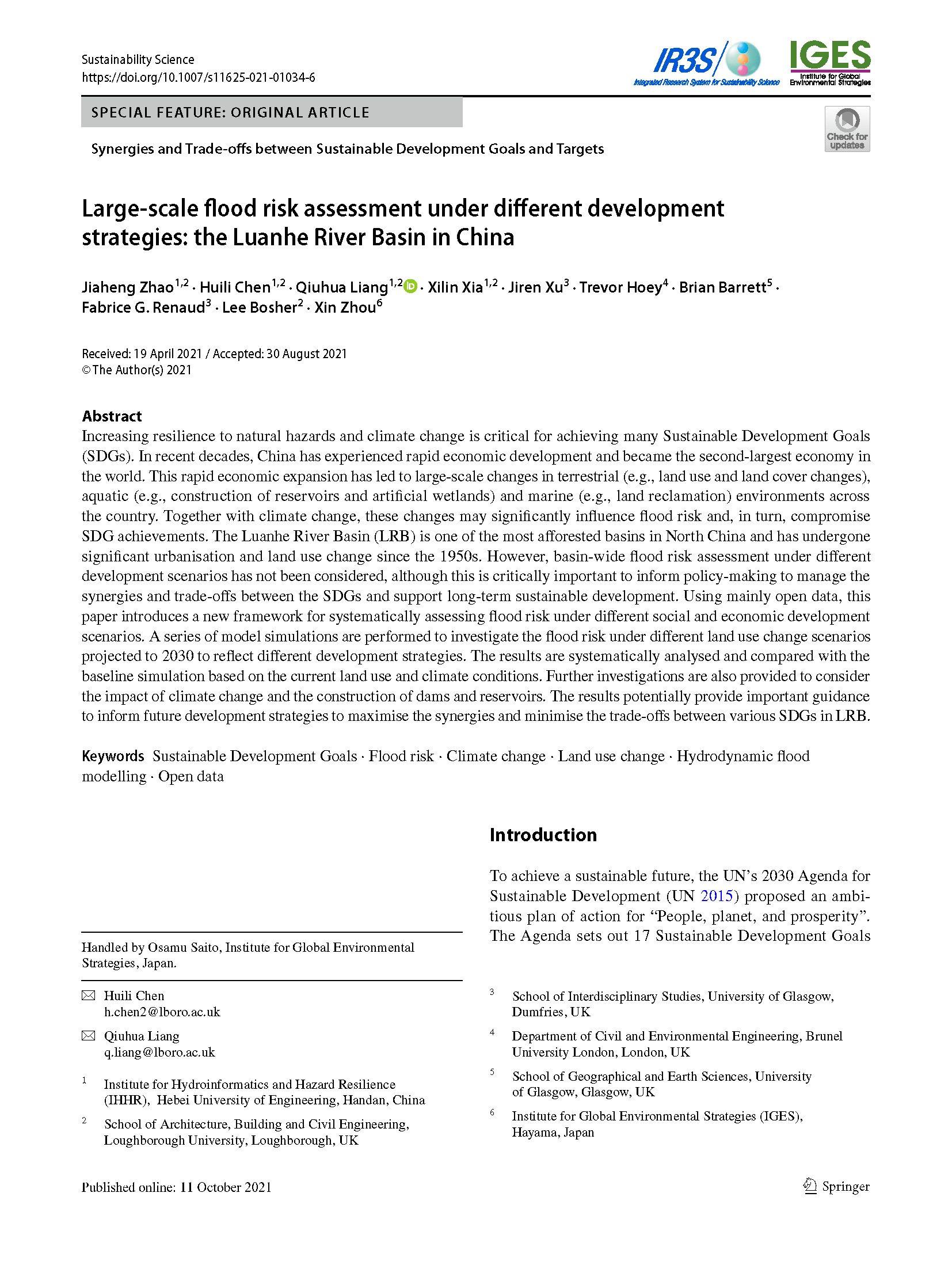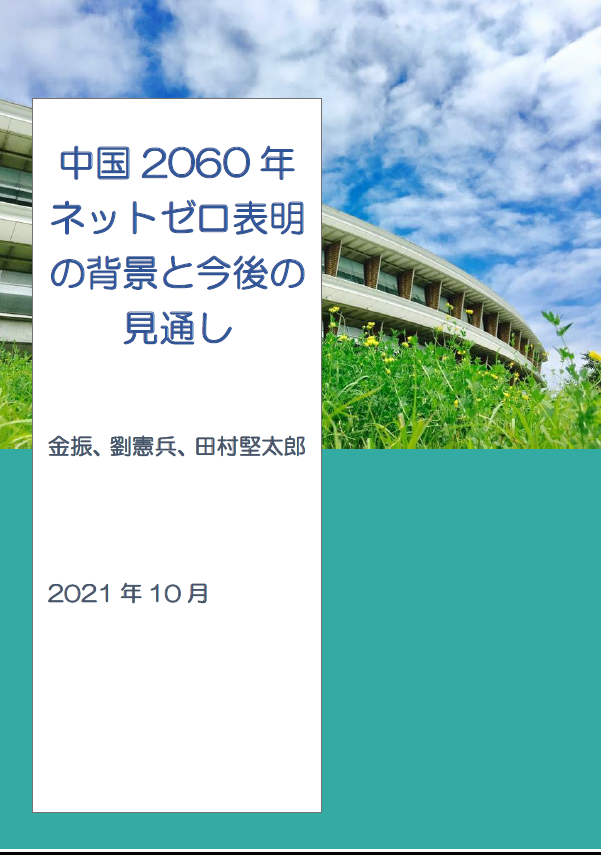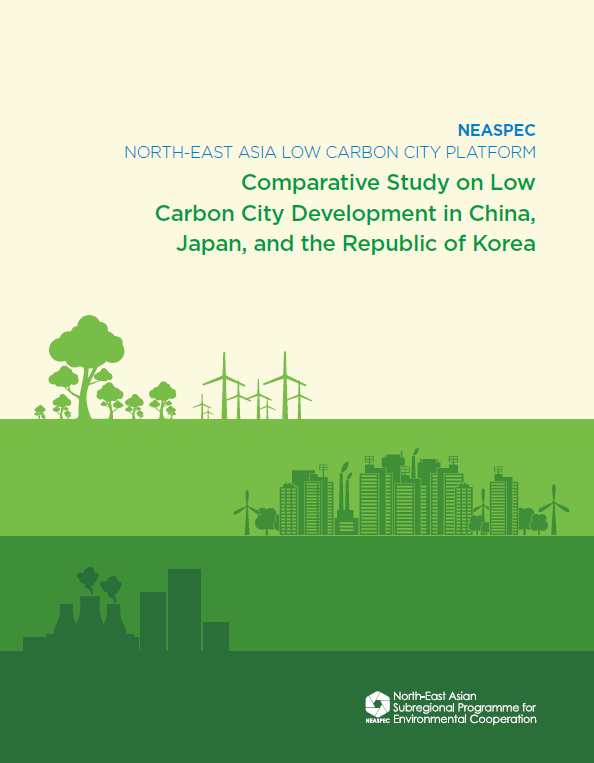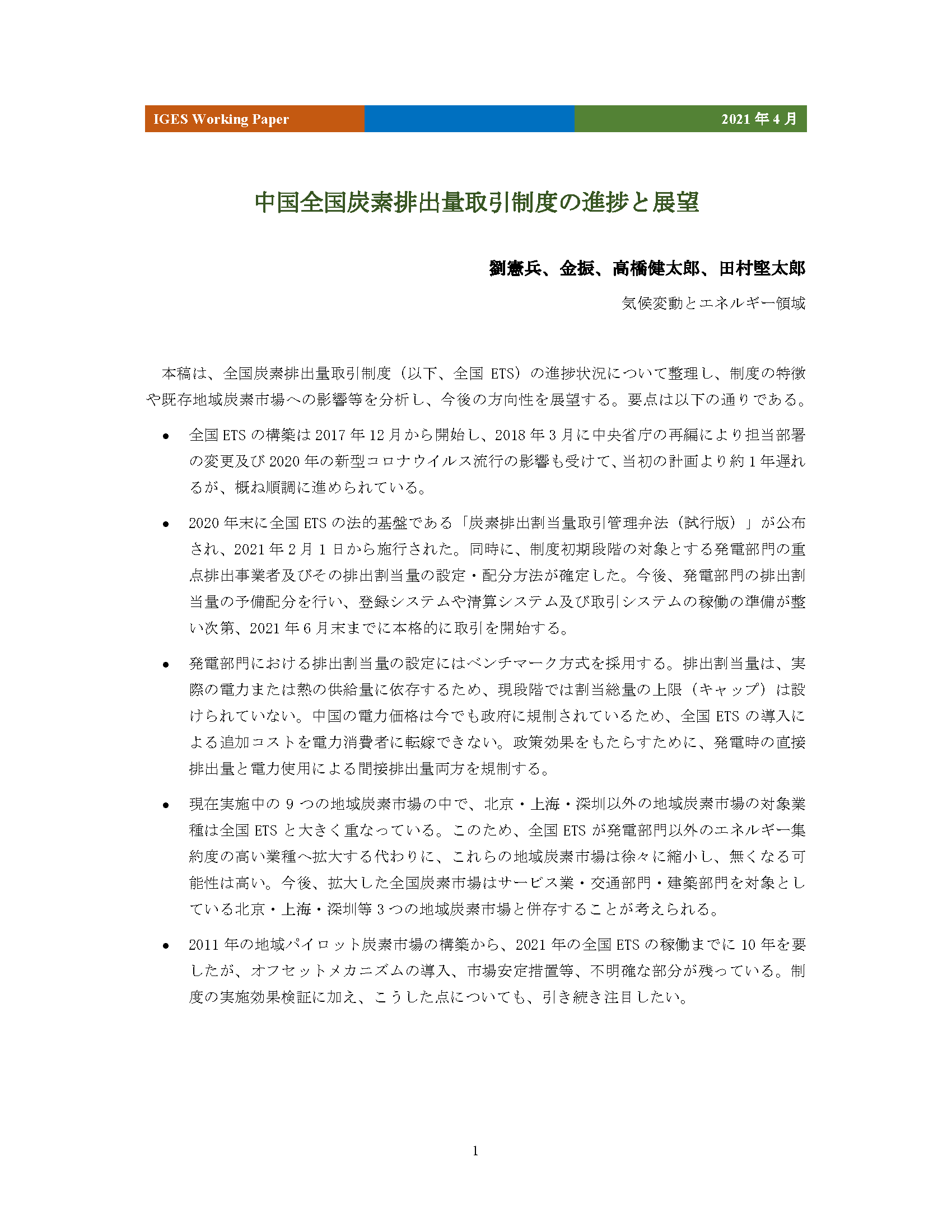In Journal of Environmental Management
Grassland degradation poses a serious threat to biodiversity, ecosystem services, and human well-being. In this study, we investigated grassland degradation in Zhaosu County, China, between 2001 and 2020, and analyzed the impacts of climate change and human activities using the Miami model. The actual net primary productivity (ANPP) obtained with...

